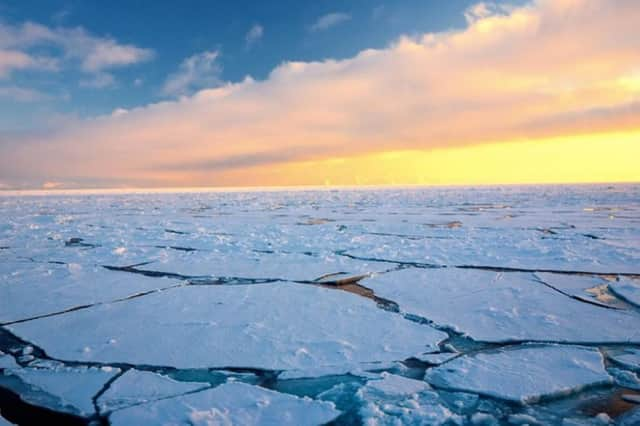Portsmouth experts launch five-year mission to safeguard the Arctic from disaster as climate change melts region's ice


They have joined experts in ice, shipping, the polar environment and satellite technology to try and balance social, technological, environmental and security concerns in the Arctic.Â
In a project funded by the EU they have five years to outline what decisions must be made to ensure the region is kept safe for its indigenous people amid a global need for oil.Â
Advertisement
Hide AdAdvertisement
Hide AdThe drive has been launched in response to polar ice melting, which in turn has made more room for shipping and oil and gas exploration.Â
This poses risks of cruise ships floundering, oil spills, or even a nuclear leak from an icebreaker or submarine.Â
Professor Dylan Jones is an expert in logistics and the science of decisions.
He said: '˜There aren't many new frontiers left on the planet, but the Arctic is one of them. We're hoping to work out how to keep the Arctic safe and prevent disasters and what technology we need to invest in to do that.'
Advertisement
Hide AdAdvertisement
Hide AdNot only are shipping firms taking advantage of polar ice melting, but cruise ships are too '“
taking more people to the Arctic and potentially posing serious problems for people's safety in the event of a disaster.Â
Prof Jones said: '˜People want to see the Arctic and why shouldn't they, but the Arctic is far from anywhere, the distances are vast, and so part of this study is to work out how to protect people if and when things go wrong.'
The Portsmouth team includes world leader in cold weather physiology and technology Professor Mike Tipton, expert in cold Dr Joe Costello, disaster management expert Professor Ashraf Labib and satellite applications expert Professor Djamila Ouelhadj.
They will work with 22 partners in the project, which is being led by the Joint Rescue Coordination Centre of Northern Norway.